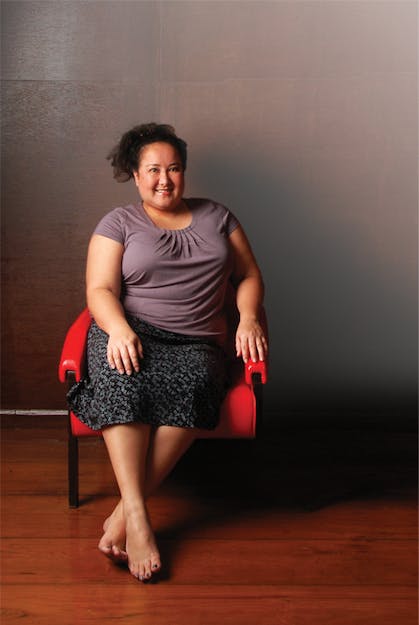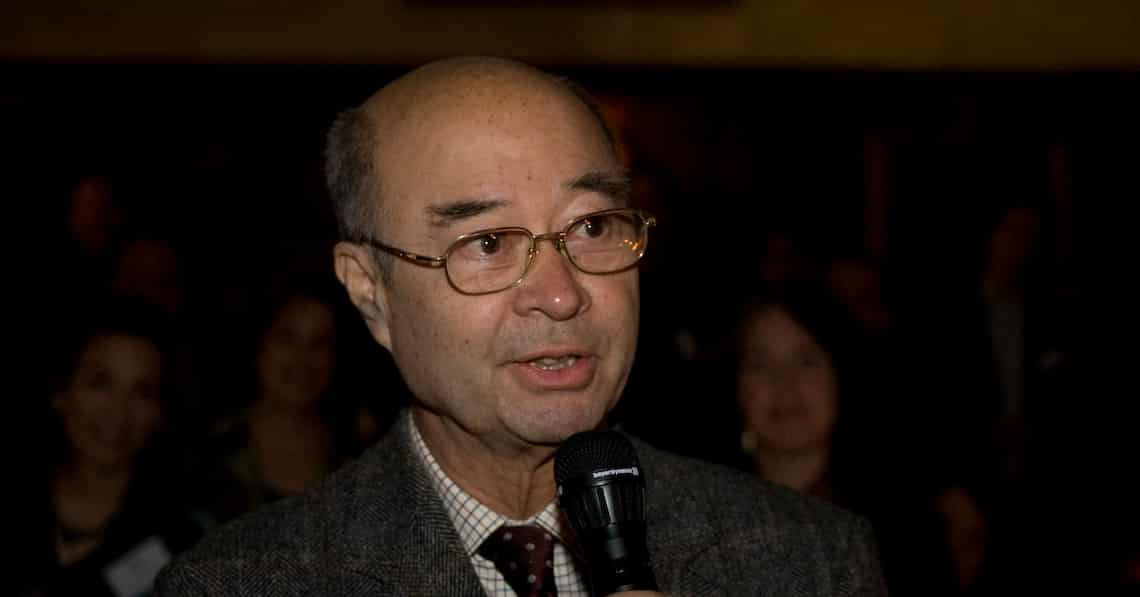
In the 90s, I took on some odd jobs over the summer holidays, acting as translator to visiting journalists — from the Washington Post, New York Times and the BBC. Just about every story they were working on was about the stratospheric rise in HIV and AIDS in northern Thailand. We visited horrific hospices where skeletal patients lay awaiting death, brothels filled with infected women and remote communities where only orphans and grandparents remained, an entire generation virtually wiped out. We also always visited Mechai Viravaidya’s Cabbages & Condoms restaurant in Bangkok, though until yesterday, I had never met the great man himself.
It would take a lot more space than this one editorial to tell you who Mechai is — Google him please! But he basically oversaw one of the most rapid fertility declines in the modern era, reducing Thailand’s population growth from over 3% in 1974 to 0.6% in 2005, as the average number of children per family fell from seven to under two. Mechai is also UNAIDS Ambassador, cited by the World Bank as being responsible for saving 7.7 milllion lives through his creative and, er, penetrative campaigning as Mr. Condom. He was honoured by Bill Gates who wrote last year, “I’ve never met anyone who knows how to have as much fun with condoms (in public, anyway) as Mechai Viravaidya,” referring to his efforts which saw a decrease in Thailand’s HIV infection rates by 90 percent between 1991 to 2003.
Over the past few years of talking air pollution, I had often wished upon a star for an opportunity to sit down with Mechai. For surely someone who mobilised a whole (conservative and paradoxically promiscuous) nation to talk about sex and condoms, who marshalled the government as well as rural communities to discuss sexual health, who used humour to organise not just the grassroots, but also world leaders to jump onto his bandwagon, surely this man could help us.
It turns out retired journalist, Dennis Grey, with whom I was discussing this very topic with last month knew Mechai, being one of the first to profile him in 1976. A meeting was soon set up and yesterday we all flew down to meet Mechai at his famous restaurant in Bangkok.
During our meeting, we found out that Mechai is also Chairman of the Thailand Environmental Institute, and following yesterday’s conversation, he has already set up a meeting to discuss the possibility of TEI’s involvement in Northern Thailand. He currently also works on education, “We want to generate a generation of decency,” he said of the philosophy behind his many schools and affiliates. “I want to make schools hubs for social and economic change to the advancement of communities.” To that end, he pledged to immediately add pollution awareness into the syllabus of his schools which teaches over 400,000 children across Thailand.
He encouraged us to use the youth, as it is their future that is on the line. To mobilise universities to take charge, to show their relevancy in today’s society. He also suggested that we talk to people in a language that they understand, “I used to tell parents that if they didn’t take matters of sexual health seriously, when their children turn 22 they would have one or two of life events, each involving flowers — their graduation or their funeral. This conversation holds true to the pollution problems today.”
What concerned me the most from our hours-long conversation, was that it appeared that Bangkok wasn’t very aware, or didn’t truly understand, the urgency of our crisis. So while it is important for us to start working in rural communities, with student groups and people on the ground, it is also crucial that we mobilise those with power and influence…affluence would be useful too.
And for that we need tools. We arrived in Bangkok empty handed, armed with nothing but words. What we need, it became immediately apparent, was an easy-to-understand and comprehensive overview of our crisis, including data on all future fallouts in terms of health, economy and development.
“You need a bible before you can start praying,” Mechai told us. “And don’t wait for the government; governments don’t change attitudes. Change comes from the outside, not the inside. And remember to get the message out in a way that it is most effective.”
It was both obvious and oddly comforting to see the parallels between Mechai’s HIV challenge in the ‘90s and ours today. Both require paradigm shifts across the board. Attitudes, minds and practices need to be changed, often going against ingrained norms and interests. Rather than wait for the government to save us, it is clear that we must save ourselves.
And thanks to the roadmap that Mechai has trodden on for decades, it appears that our trials may not be as arduous nor formidable as I feared. If Mechai can save over seven million lives through his intelligent and humorous campaigning, then surely we can too. One sure thing is that at least we have to try, because one of those lives at risk could well be our very own.
I will present many of the ideas and suggestions generated from the meeting to working committees here in Chiang Mai and report on them as they — fingers crossed — develop or bear fruit.
*Mechai Viravaidya image (cropped to fit) courtesy of Jim Fruchterman at Wiki Media Commons (Thank you)
